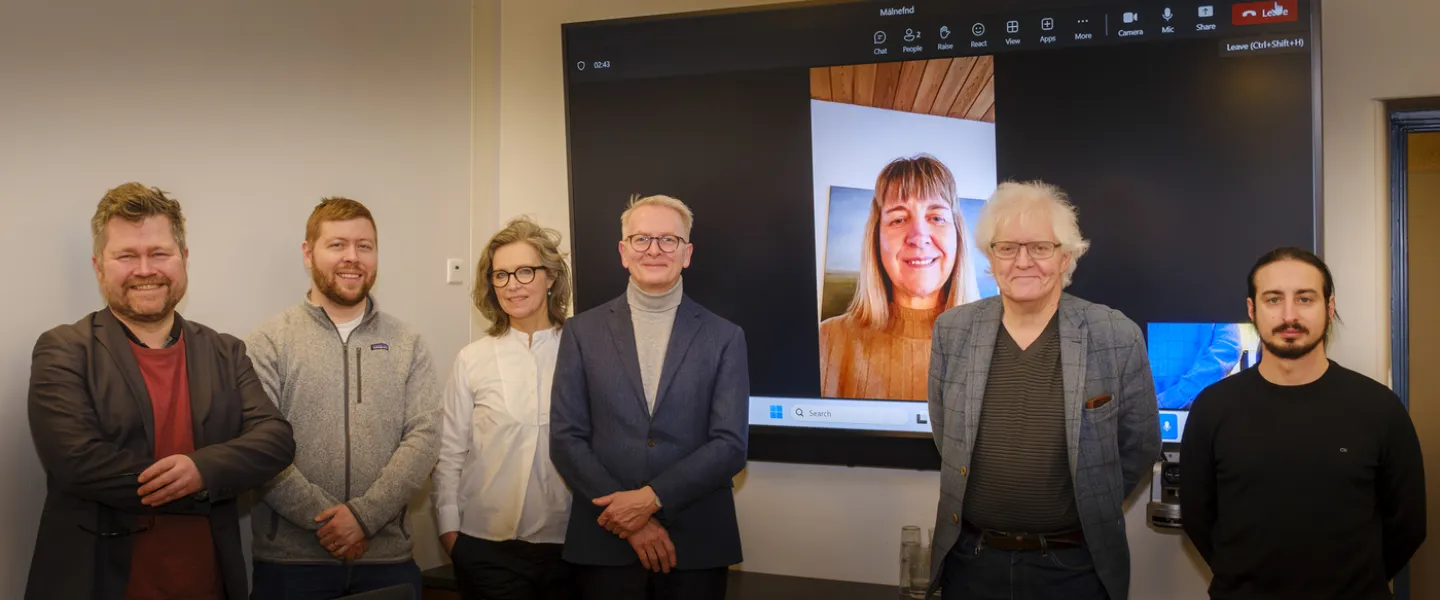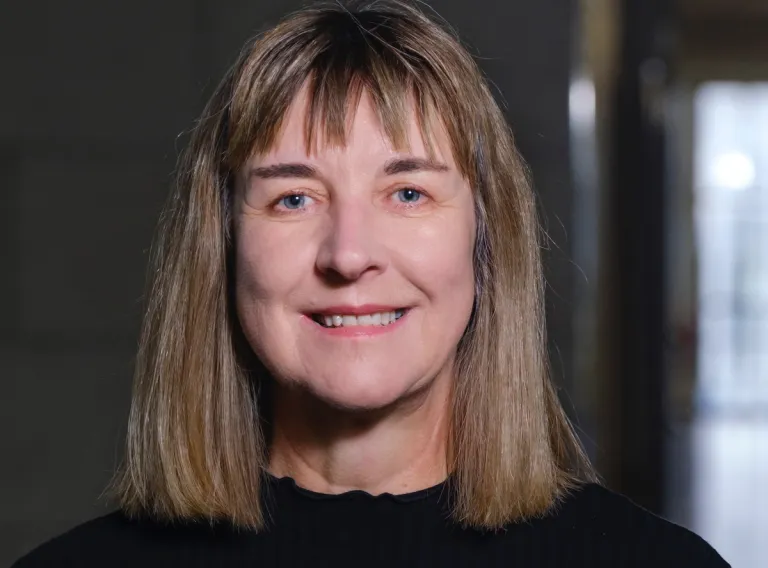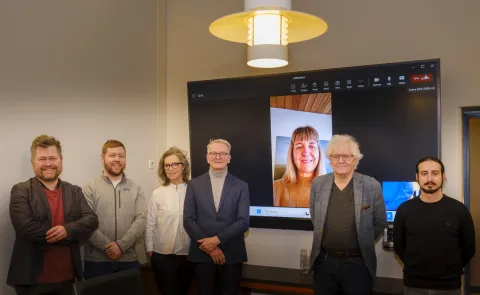
Increased availability of Icelandic language courses for international staff, and further support for students whose first language is not Icelandic; a revised language policy at the University of Iceland, and better adaptation of key information and communication systems within the university to Icelandic are among the issues the University of Iceland’s language committee has been working on over the past three years. The committee's term ended on 1 July.
A special language committee has been in place at the University of Iceland since 2016. The language committee answers to the University Rector and is composed of representatives from all University Schools, Central administration, a student representative, as well as the committee chair appointed by the Rector. The language committee’s main role is to support university administrators and other university staff on Icelandic language issues and to make suggestions on the execution of UI language policy.
The first UI language policy was issued 20 years ago, but according to Icelandic law, all municipalities, schools and public institutions must have such a policy. The aim of the University of Iceland's language policy is to ensure that the Icelandic language continues to be spoken within the university, especially as the institution becomes increasingly active in international academic work. Furthermore, , the policy is intended to promote the use of Icelandic across all academic fields.
Icelandic courses increased from four to ten
Over the past three years, the committee has worked diligently towards these goals. The members are Sigríður Sigurjónsdóttir, professor at the School of Humanities, Hafsteinn Einarsson, associate professor at the School of Engineering and Natural Sciences, Jóhanna Thelma Einarsdóttir, professor at the School of Health Sciences and School of Education, Jón Yngvi Jóhannsson, associate professor at the School of Education, Ragnheiður Kristjánsdóttir, professor at the School of Humanities, Silja Bára Ómarsdóttir and Ingólfur Vilhjálmur Gíslason, prófessors at the School of School of Social Sciences, Magnús Diðrik Baldursson, Managing Director of the Rector's Office, and Atli Jasonarson and Piergiorgio Consagra, student representatives.
“The language committee decided from the outset of its term to focus primarily on ensuring Icelandic language instruction and other support services in Icelandic for the university's staff and students of foreign origin," says Sigríður Sigurjónsdóttir, who served as the committee's chair during this period.
She points out that, according to information from the Division of Human Resources, about 18% of the staff and around 10% of the student body at the university are of foreign origin, and both groups have been rapidly growing in recent years. Everything suggests that this trend will continue, with even greater growth in this group in the years to come, as it is part of the government's agenda to increase the number of international specialists and students at Icelandic universities," Sigríður points out.
In order to better support this group to participate in both the university community and Icelandic society, the language committee requested that the rector strengthen the operations of the University of Iceland's Language Centre and Writing Centre with increased funding, so that more Icelandic language courses could be offered for staff and additional support provided to students and staff in writing in Icelandic.
“The rector responded positively to this proposal, and with increased funding, the Language Centre was able to offer twice as many Icelandic language courses for the university’s staff with Icelandic as a second language, both last year and this year Four courses have been offered annually in recent years but this year they will be ten to meet the demand of University staff. We will, furthermore, offer courses in distance learning for University staff who work outside of the city, in our research centres,” says Sigríður and adds that the next steps will be to ensure Icelandic courses for sessional lecturers and doctoral students and increase the number of advanced Icelandic courses for staff.

